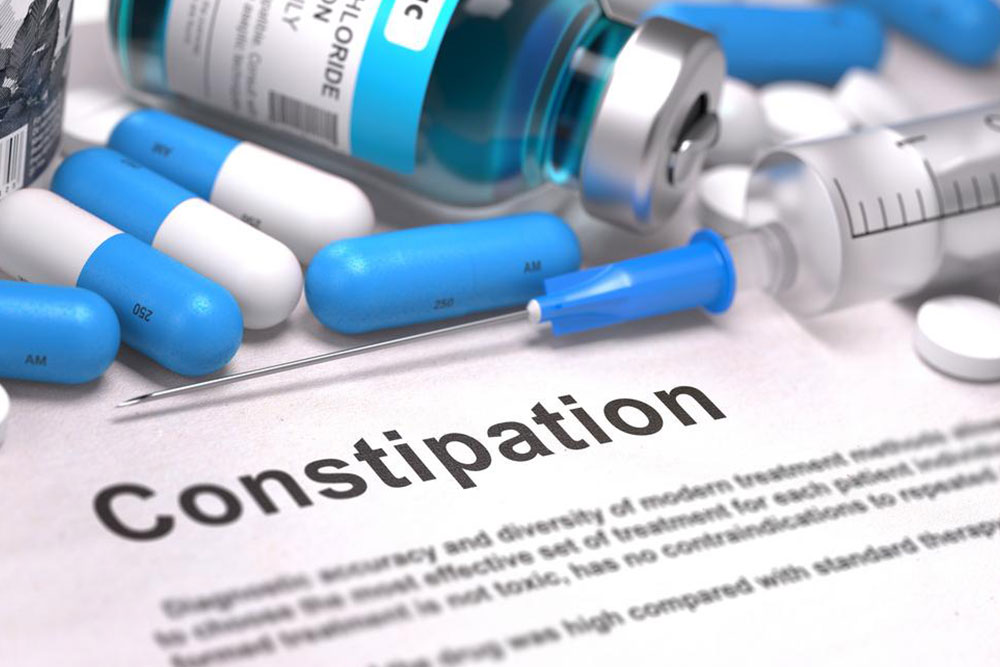Complete Guide to Understanding, Preventing, and Treating Constipation for Better Digestive Health
This comprehensive guide explores the causes, symptoms, and treatments for constipation, emphasizing lifestyle modifications, dietary changes, and medical options. Learn how to recognize early signs, adopt healthy habits, and seek medical help when necessary to improve your digestive health and quality of life.

In-Depth Insights into Causes, Symptoms, and Effective Solutions for Constipation
Constipation is a common digestive issue characterized by infrequent, difficult, or incomplete bowel movements. It generally refers to having fewer than three bowel movements per week and is a condition that can significantly impact daily life and overall digestive well-being. While occasional constipation is often temporary and manageable, persistent or chronic constipation can lead to discomfort, complications, and a decline in quality of life. Understanding what causes constipation, recognizing its symptoms early, and adopting effective treatment strategies are crucial steps toward maintaining a healthy digestive system.

Various factors contribute to the development of constipation, often involving disruptions or slowdowns in the normal movement of the digestive tract. Structural issues such as tumors in the colon or rectum, anal fissures, or abnormalities in the bowel can obstruct normal passage. Nervous system conditions like Parkinson’s disease, spinal cord injuries, and multiple sclerosis can impair the nerves that control bowel movements, leading to difficulty or irregularity. Besides these, lifestyle choices and health conditions also play significant roles—these include inadequate fiber intake, dehydration, pregnancy, diabetes, hypothyroidism, and overuse of laxatives.
Recognizing the symptoms of constipation is essential for timely intervention. Common signs include straining during bowel movements, feeling of incomplete evacuation, abdominal bloating or distension, loss of appetite, fatigue, and a persistent urge to defecate without being able to do so. Chronic constipation can also lead to more serious complications like hemorrhoids, anal fissures, or even fecal impaction, which require medical attention.
Effective management of constipation hinges on lifestyle modifications and, in some cases, medical treatment. Dietary adjustments are fundamental: increasing fiber intake through consumption of fruits, vegetables, whole grains, and legumes can significantly improve stool consistency and promote regularity. Staying well-hydrated by drinking plenty of water is equally important. Regular physical activity helps stimulate intestinal motility, aiding in bowel movements. It is crucial to always respond promptly to the urge to defecate, as ignoring it can lead to harder stools and worsened symptoms.
Pharmacological treatments are available and include a variety of options tailored to the severity and cause of constipation. Fiber supplements like Metamucil or Fibercon can bulk up stool, making it easier to pass. Stimulant laxatives such as Dulcolax are effective but should be used judiciously to avoid dependence. Other medications include mineral oils and water-absorbing agents like Amitiza, which help soften stools and promote regularity. In cases where lifestyle and medication do not suffice, more invasive options such as biofeedback therapy or, rarely, surgical procedures may be considered. Combining consistent habits with appropriate medical advice helps restore normal bowel function and prevents recurrent issues.





